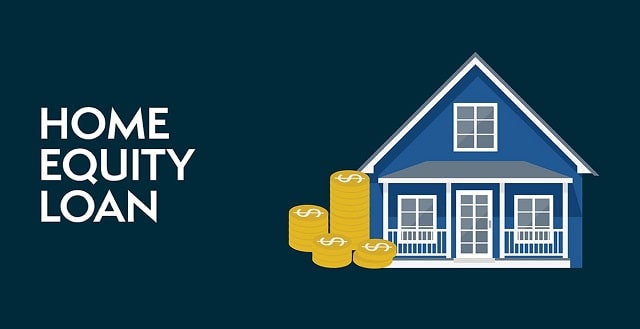
If you want to buy a home and use the equity in your property, you will need to determine the requirements. These requirements will include things such as your credit score, your debt-to-income ratio, and the interest rate that you can get.
Minimum APR
Home equity loans are secured by your home and allow you to borrow against the value of your property. These loans are often used to renovate, pay off high-interest debt, or finance other costs. However, they can also pose some risks. You need to ensure you understand a home equity loan's requirements before applying. Minimum APR requirements vary from lender to lender. The lower your credit score, the higher the interest rate. Increasing your credit score will improve your chances of approval and can help you secure a better rate. Your credit score is critical in determining whether you can get home equity loans Cleveland Ohio. Most lenders prefer a score of 700 or higher. But some lenders offer loans to borrowers with scores of 620 or less.
Credit Score
You must meet credit score requirements if you want to borrow money from your home's equity. Home equity loans offer borrowers the opportunity to consolidate high-interest debt and use the money to pay for various expenses, including home improvement. Your home secures the loan and comes with a fixed interest rate. Most lenders require you to have at least 15% to 20% equity in your home. This equity is derived by subtracting the amount owed on your home from the appraised value.
Lenders will also look at your overall income and debt before approving you for a home equity loan. Borrowers with high payments and low debt-to-income ratios may qualify for better rates. To apply for a home equity loan, borrowers must provide recent paystubs and W-2 forms. Lenders will also review your history of borrowing and on-time payments.
Loan-To-Value (LTV) Ratio
The loan-to-value (LTV) ratio is a metric that measures the percentage of a mortgage balance to the value of a home. It is used as a measure of risk by mortgage lenders. If you have a high LTV, you may need help qualifying for a refinance. However, if you have a low LTV, you can qualify for a lower rate. A loan-to-value calculator is a helpful tool for calculating your LTV. This calculation is used to determine your home equity and can be used to qualify for a home equity loan. One of the easiest ways to determine your loan-to-value is to use an online LTV calculator. You can also check your monthly statement to assess your home's loan-to-value. Another easy way to measure your home's loan-to-value is to calculate the combined loan-to-value. The combined loan-to-value is a combination of the current loan balance and the appraised value of your home. Your lender will consider this when determining your eligibility for a loan.
Debt-To-Income Ratio
Debt-to-income ratio requirements for home equity loans vary depending on the lender. Lenders will also consider your credit score and credit history. For instance, a high credit score will increase your chances of securing a better interest rate on your loan. Generally, debt-to-income ratios below three-quarters of one's monthly income are considered healthy. Higher DTIs pose a greater risk of repayment problems. A home equity loan funds various projects, including home improvements. However, lenders usually require a minimum level of equity in the home. This is calculated by subtracting your loan balance from the house's value. Having more equity in your home means more money available for a home equity loan. Depending on the lender, a qualifying DTI may be as low as three-quarters of one's monthly gross income. Other lenders will have higher ratios.
Interest Rate
Home equity loans are a popular form of financing, allowing borrowers to borrow against their homes. Typically, they are offered at lower interest rates than credit cards or other types of loans. But a home equity loan is only suitable if the borrower knows exactly how much they need. To get the best interest rate possible, a home equity loan shopper must do some research. There are several factors to consider when determining the best option, including the loan's terms and fees. The lender is likely to offer a better deal to a customer with a good credit score, but you should still shop around to find the most competitive rate. Home equity loans are a great option if you're looking to pay off debt or make a home improvement project. However, they can also put a borrower at risk of losing their home.
